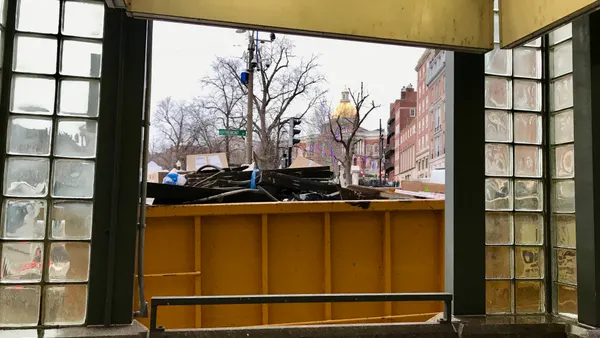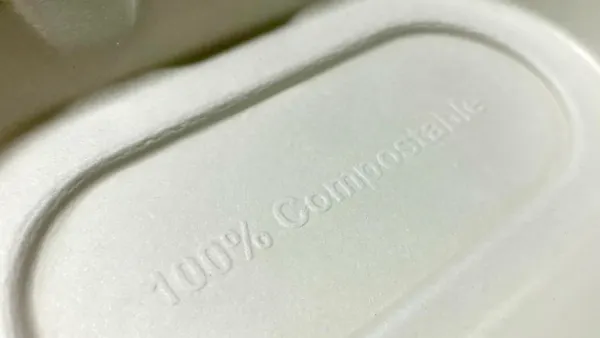Dive Brief:
- The United States Chamber of Commerce Foundation (USCCF) announced that Orlando, FL will be the pilot city for the Chamber's new "Beyond 34" campaign. Orlando was chosen because of what the chamber called its strong private sector engagement, innovative culture and "robust" sustainability goals.
- Beyond 34 will work as a private-public partnership, bringing together the USCCF, the City of Orlando, the Orlando Regional Chamber of Commerce and Resource Recycling Systems (RRS). The goal of the project is to boost the national recycling and recovery rates by creating plan models that can be scaled to other cities.
- According to the Chamber, RRS will facilitate the development of a recycling plan for businesses and other stakeholders in the Orlando region, aimed at keeping high-value recyclables out of landfills and identifying opportunities for material reuse. Republic Services, the Walmart Foundation, Target, Dow and the Walgreens Boots Alliance were named as sponsors. Beyond 34 will host an Orlando-region event on Oct. 19 to bring stakeholders together to start work on a plan to boost the region's recycling rate.
Dive Insight:
The Orlando region is no stranger to sustainability goals. Nearby Seminole County recently mandated private trash haulers to replace their fleets with vehicles that run on compressed natural gas by 2020. Additionally, it wasn't that long ago that Orlando started discussing a recycling mandate for multi-unit and commercial buildings. In Orlando's latest sustainability report, city officials said that they'd start pursuing an advanced MRF with the possibility of electricity or vehicle fuel generation from organics.
Like Orlando, the USCCF has some recent experience in sustainability and materials management goals. In May 2016, the foundation brought people together for a forum on the idea of the circular economy. Six months later, the USCCF and partners launched a circular economy pilot project.
This arrangement could be a great deal for Orlando. Orange County, where Orlando is located, had a recycling rate of 72%, according to the Orlando Sentinel. If the region wants to keep its high recycling rate — and even boost it — working with RRS is a good place to start. A robust recycling plan for large metro areas is becoming increasingly important as China, the world's largest purchaser of recycled material, tightens import rules. Some municipalities around the country are already starting to limit acceptable material, for fear of having nowhere to send it in light of these rules. Partnerships and programs, like the Beyond 34 campaign, can help municipalities and recyclers adapt to the changing global recycling market, and it's not difficult to imagine how success in Orlando could be replicated in other U.S. cities.








